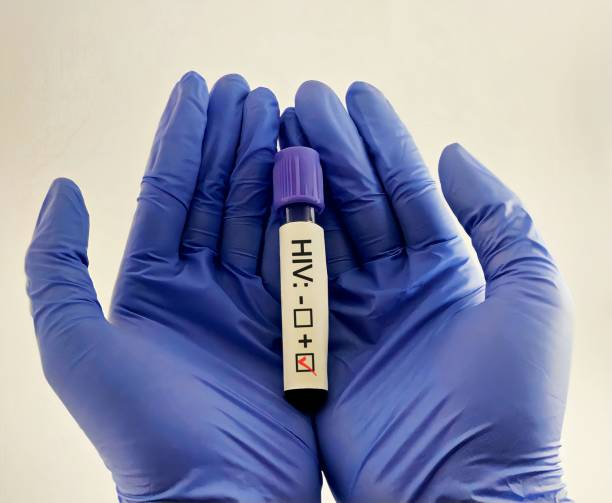2024 Guide to Finding Affordable HIV and AIDS Treatment for U.S. Residents
Living with HIV or AIDS can be difficult, but with proper information and affordable treatment options, it’s possible to manage the condition successfully. This guide provides useful resources, treatment options, and lifestyle tips to help you access the care you need without financial strain.
Living with HIV or AIDS can be difficult, but with proper information and affordable treatment options, it’s possible to manage the condition successfully. This guide provides useful resources, treatment options, and lifestyle tips to help you access the care you need without financial strain.

Introduction
In 2024, millions of people across the U.S. live with HIV or AIDS, but navigating the healthcare system can be a challenge, especially when trying to manage treatment costs. This guide is here to provide information on how to access affordable HIV/AIDS care, recognize symptoms, and incorporate lifestyle changes that support your health without draining your resources.
Understanding HIV and AIDS
HIV and AIDS are two stages of a viral infection that targets the immune system. Here’s what you need to know about each:
- HIV: The virus that attacks the immune system. With early detection and treatment, people can live with HIV for many years without progressing to AIDS.
- AIDS: The final, most severe stage of HIV, where the immune system is weakened and the body becomes highly vulnerable to infections and diseases.
Symptoms of HIV and AIDS
Recognizing symptoms early on is key to getting the right treatment. Watch for these signs:
Early Symptoms of HIV:
- Fever and night sweats
- Swollen lymph nodes
- Rashes on the skin
- Muscle aches and joint pain
- Fatigue and weakness
Symptoms Leading to AIDS:
- Unexplained weight loss and prolonged diarrhea
- Persistent fevers
- Extreme fatigue
- Swollen lymph nodes that don't go away
- Opportunistic infections like pneumonia
Affordable Treatment Options
HIV treatment doesn’t have to be financially overwhelming. Here are several ways to find affordable care:
1. Government Programs
- Ryan White HIV/AIDS Program: Offers free or low-cost treatment to individuals who do not have sufficient insurance or financial resources.
- Medicaid: Covers HIV treatment in many states, making it an affordable option for those who qualify.
2. Generic Medications
- Generic HIV medications are a cost-effective alternative to brand-name options. Discuss with your healthcare provider whether generics are suitable for your treatment.
3. Patient Assistance Programs (PAPs)
- Many pharmaceutical companies offer PAPs, providing free or discounted medications to those who meet specific eligibility criteria. Check websites like NeedyMeds for information.
Practical Tips for Coping with HIV
Along with medical treatment, adopting healthy habits is essential for managing HIV. Here are some helpful tips:
- Take Your Medications as Prescribed: Adhering to your prescribed medication regimen is critical to effectively managing the virus and avoiding resistance.
- Eat a Healthy, Balanced Diet: Proper nutrition strengthens your immune system and helps alleviate symptoms.
- Exercise Regularly: Regular physical activity reduces stress, boosts your immune system, and improves mental health.
- Seek Mental Health Support: The emotional toll of living with HIV can be significant. Consider counseling or joining support groups to manage emotional challenges.
Finding Affordable Medications
Knowing where and how to buy your medications at the best price can help you save money:
- Use Trusted Pharmacies: Use pharmacies that are approved by your insurance plan to get the best pricing.
- Price Comparison Tools: Use websites like GoodRx to compare medication prices across different pharmacies and find the most affordable option.
- Mail-Order Pharmacies: Some mail-order pharmacies offer lower prices and convenient home delivery, helping to save both time and money.
Conclusion
Accessing affordable treatment for HIV and AIDS is achievable with the right information and resources. With this guide, you can navigate the complex healthcare system, find affordable treatments, and adopt practical steps to manage your health effectively. Always consult your healthcare provider for advice on how to tailor your treatment plan to your needs.